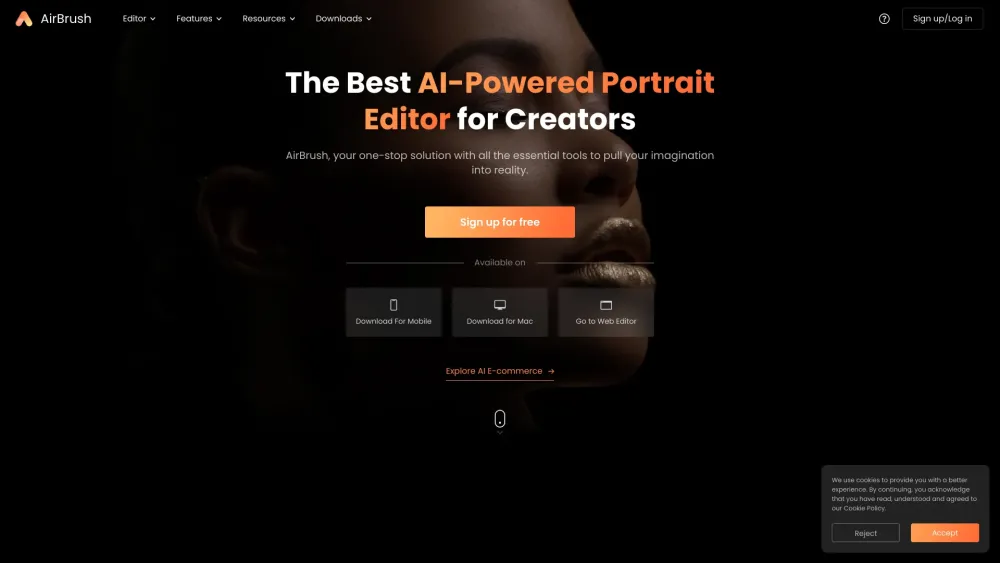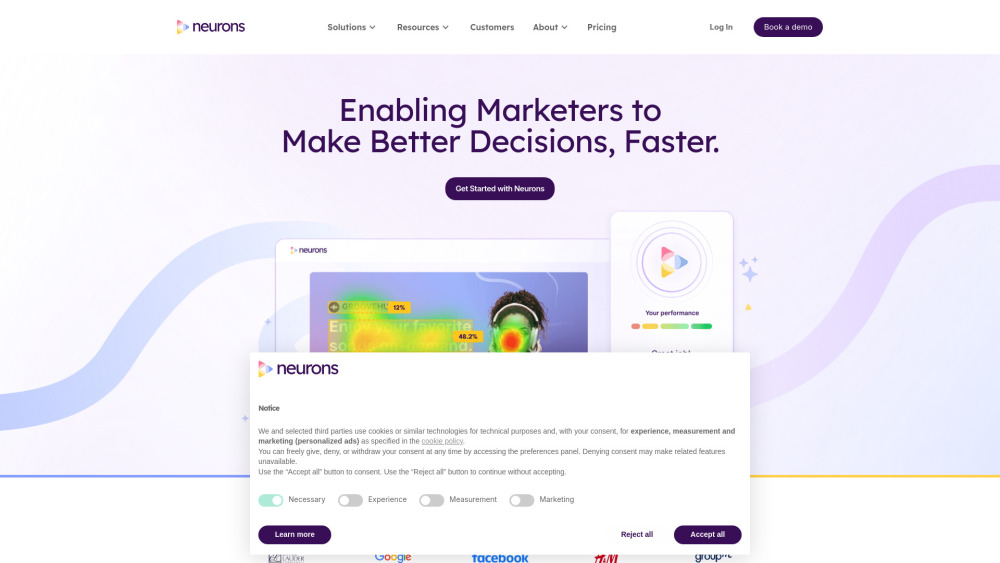Since Google launched its "experimental conversational AI service" Bard, user feedback has been lukewarm compared to competitors like OpenAI's ChatGPT and Microsoft’s Bing Chat, which utilizes OpenAI's GPT-4. Many users have found Bard's responses to lack the depth and insight they expect. However, this may soon change. Google CEO Sundar Pichai announced on The New York Times podcast "Hard Fork" that Bard will transition from the current LaMDA-based model to larger-scale PaLM datasets shortly.
Pichai stated, "We clearly have more capable models. Pretty soon, as this goes live, we will be upgrading Bard to some of our more capable PaLM models, enhancing its reasoning and coding abilities." To highlight the distinction, Google previously revealed that LaMDA was trained on 137 billion parameters, while PaLM utilized around 540 billion parameters. This significant difference suggests why Google is shifting Bard to PaLM, which offers a broader dataset and more diverse responses.
Despite challenges, Pichai remains unfazed by the rapid development of AI at Google compared to its rivals. Upon Bard's initial launch in February, he acknowledged its smaller scale due to LaMDA but framed this as an opportunity for more users to test and provide feedback. He emphasized Google’s commitment to conducting thorough safety and quality analyses of Bard based on real-world interactions.
Pichai elaborated, “We don’t want to release a more capable model without ensuring we can manage it effectively. We are still in very early stages and will integrate more advanced models over time. Getting it right is more important than being first.”
This cautious approach resonates with over 1,800 signatories, including tech leaders and AI researchers, who have called for a six-month pause on developing AI technology more powerful than GPT-4. While Pichai acknowledges the need for regulation in AI, he believes government involvement is crucial: "AI is too important not to regulate, and it’s essential to do so effectively. I’m glad these conversations are happening."




